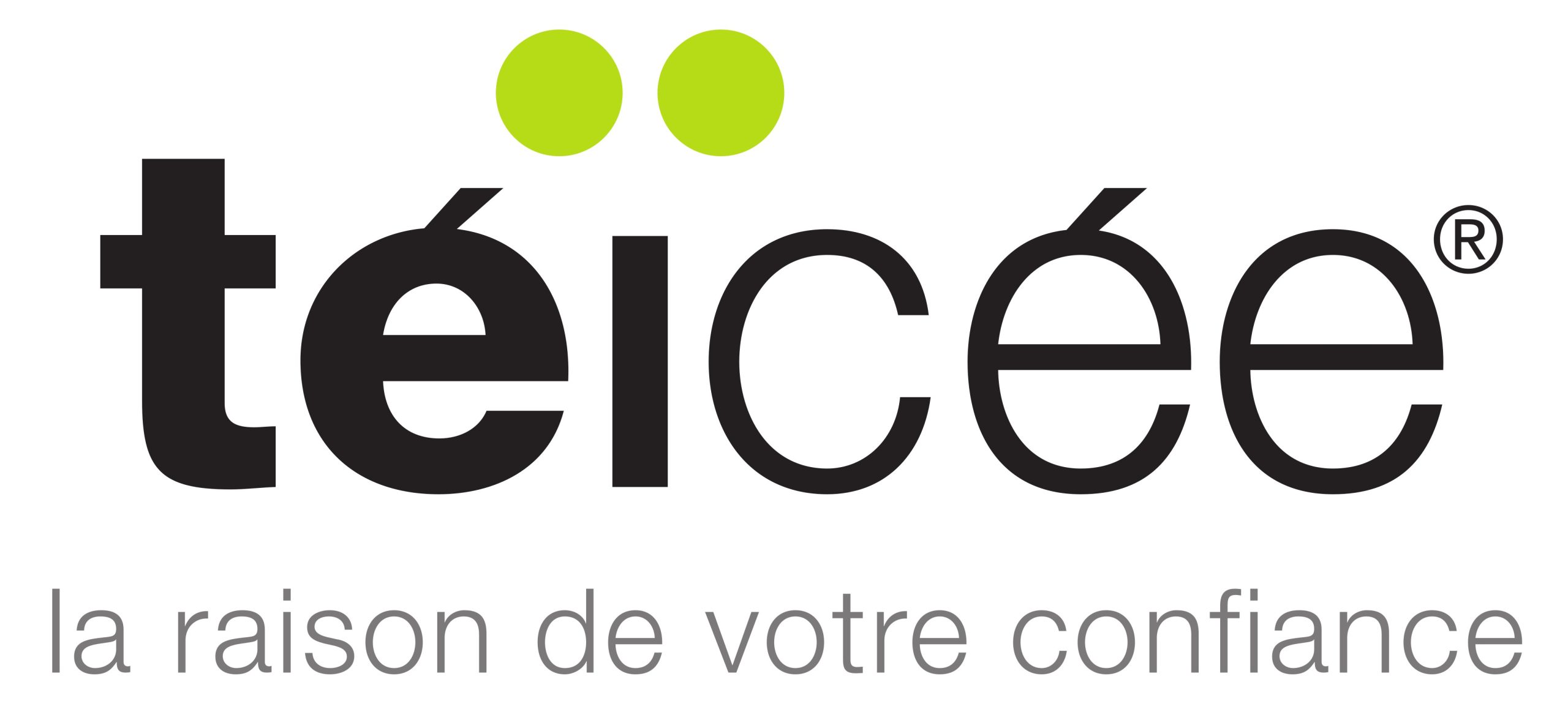Once again at téïcée, Open Source is at the centre of the discussion, and today we're talking to you about ‘free, delivered’ backup with Bacula. In its community version, this software is freely available, with no restrictions on use.
A téïcée Philippe is a bit our Obelix because he fell into the Bacula a long time ago. It was precisely following the failure to install another backup solution for a customer, that Philippe tested Bacula which he had heard a lot about. Challenged by a simple and fast implementation, Philippe became more interested in this software until becoming co-founder of Bacula Systems.
He tells us about it !
Regarding Bacula, Philippe immediately rectifies "We are talking about backup software but we should say backup software and of restoration” because for him what really matters is to be able to restore, to bring the system back to a given state at a given time and as such, Bacula is the champion. Known for its stability and reliability, it is able to recover the very old data backed up with the first versions of the tool, twenty years ago.
Another characteristic of Bacula is that it is a network and distributed software. This means, first of all, that it simply performs its backups via the TCP/IP network and that it also has a very high capacity for evolution thanks to its modular architecture. Bacula is basically designed to easily add new functional games to its system. This makes it an evolutionary tool in the true sense of the term “We have customers who come to see us very annoyed, with a backup system that suits them in relation to a need that was identified two or three years ago but that can not evolve with their needs. This is not the case with Bacula.”
This flexibility also gives Bacula great flexibility and a strong ability to adapt to changes and novelty. This is the case with the concept of application containers worn by Docker or Kubernetes where Bacula was perfectly able to adapt very quickly, “I am really surprised to see that a software that was designed in 2000, is now able to adapt to innovative concepts such as container backup”
Cross-backup, outsourcing, targets and various sources, Bacula is a complete software that responds nimbly to needs like backup on different types of storage like cloud, disk or tape. Bacula is also recognized for its universal character. In this regard, Philippe speaks of the strong “genericity” of the software that offers the administrators of the tool a unique and systematic approach to the implementation of backup policies. With its unique web interface to manage an entire infrastructure, even multi-sites, the opening and scalability of the Bacula solution meets all the current needs in data backup, virtual machines, databases, containers, etc. Once these basics are understood, Bacula does not require additional learning. “once you've learned how Bacula works, the point is that you don't need to know what you're backing up on: disks, tapes, cloud... the method and tools are the same.”
Bacula is intended for any type of use, it can even be used in a personal capacity. It is particularly suitable for customers who handle sensitive or critical data, as is the case for the radioactive waste reprocessing agency (ANDRA) for which Bacula has been set up. Security is indeed another feature of the backup system that may initially be directly linked to Open Source. To the closed / open comparison which is misleading, because one would tend to believe that by locking the system one protects oneself from intrusions as with a door, Philippe prefers that of darkness / light. Progress is slow, painful and uncertain in the dark, whereas when it is open, it allows everyone or an entire community to more easily ensure the safety, stability and reliability of the system.
The security can finally be linked to the technical architecture of Bacula which makes it really more resistant against malicious attacks of ransomewares or crypto-lockers. The advantage here is that with Bacula, the machine that is backed up knows absolutely nothing about its backup system as Philippe explains very well “If I go to a server that is backed up and if I look on the station itself the information that is present to know where the backup comes from, where it goes, what I do with it etc. That is, the server does not know when backups are triggered, where they go, or where the orders come from. It does not know if the backup is stored on disk, on tape, in the cloud… Nothing." In other words, with Bacula the waiters, mute as tombs, do not speak!



